University Nursing Capstone: Hand Hygiene Practice Proposal
VerifiedAdded on 2022/09/18
|5
|936
|26
Project
AI Summary
This nursing capstone project proposal addresses the critical issue of poor hand hygiene among healthcare workers, specifically in settings like home health and skilled nursing facilities. The proposal highlights the prevalence of inadequate hand washing techniques and the need for improved practices, citing evidence from various studies that reveal a gap between knowledge and actual hand hygiene compliance. The project emphasizes the negative impact of poor hand hygiene on patient health, care staff, and healthcare costs, with a focus on reducing healthcare-associated infections (HCAIs). The proposed solution involves implementing effective training programs and environmental changes to promote adherence to WHO hand hygiene guidelines. The significance of the project is underscored by its potential to reduce HCAIs, improve patient outcomes, and optimize healthcare expenditure. The proposal includes a detailed description of the problem, its context, impact, and significance, along with references to relevant research and literature.
1 out of 5
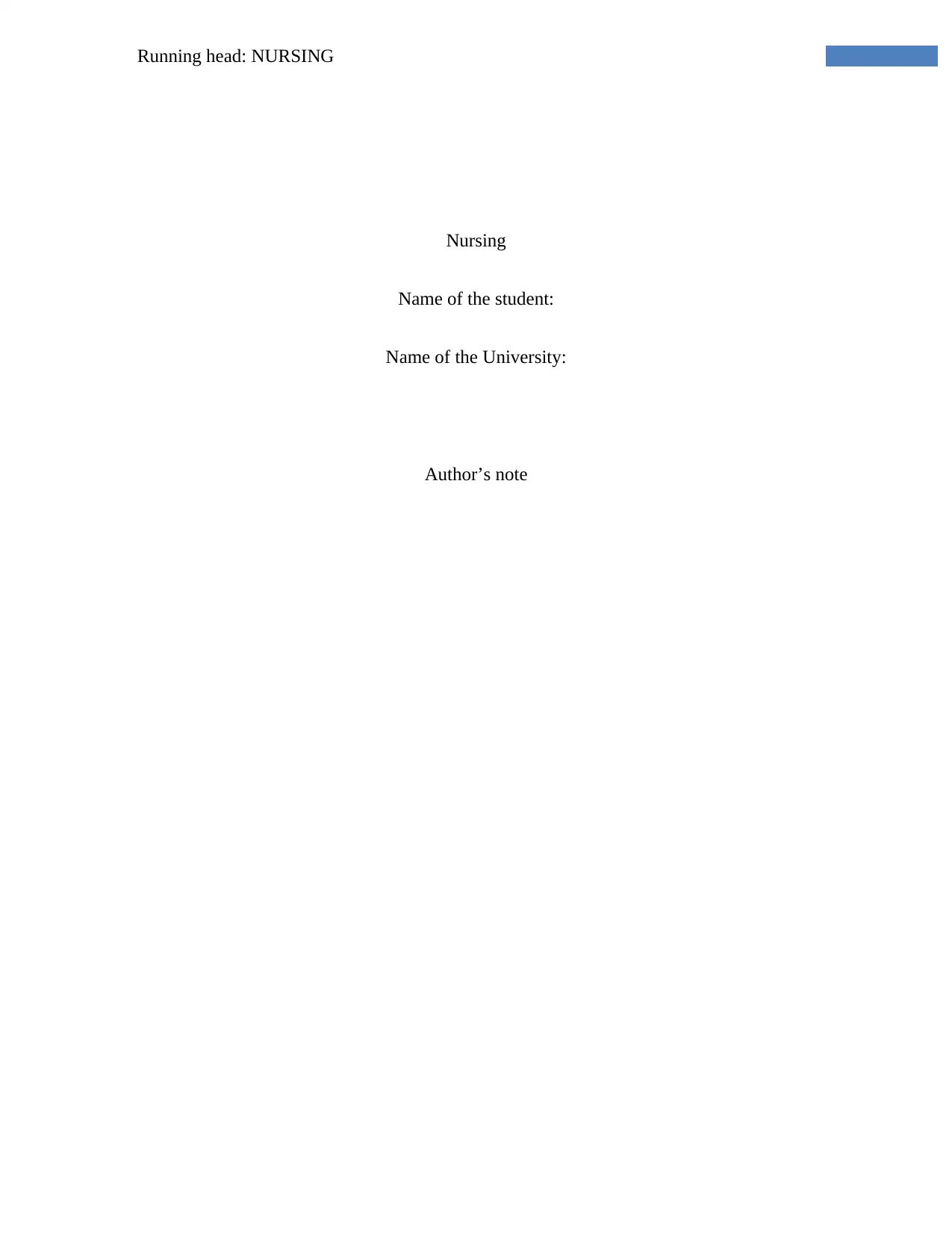
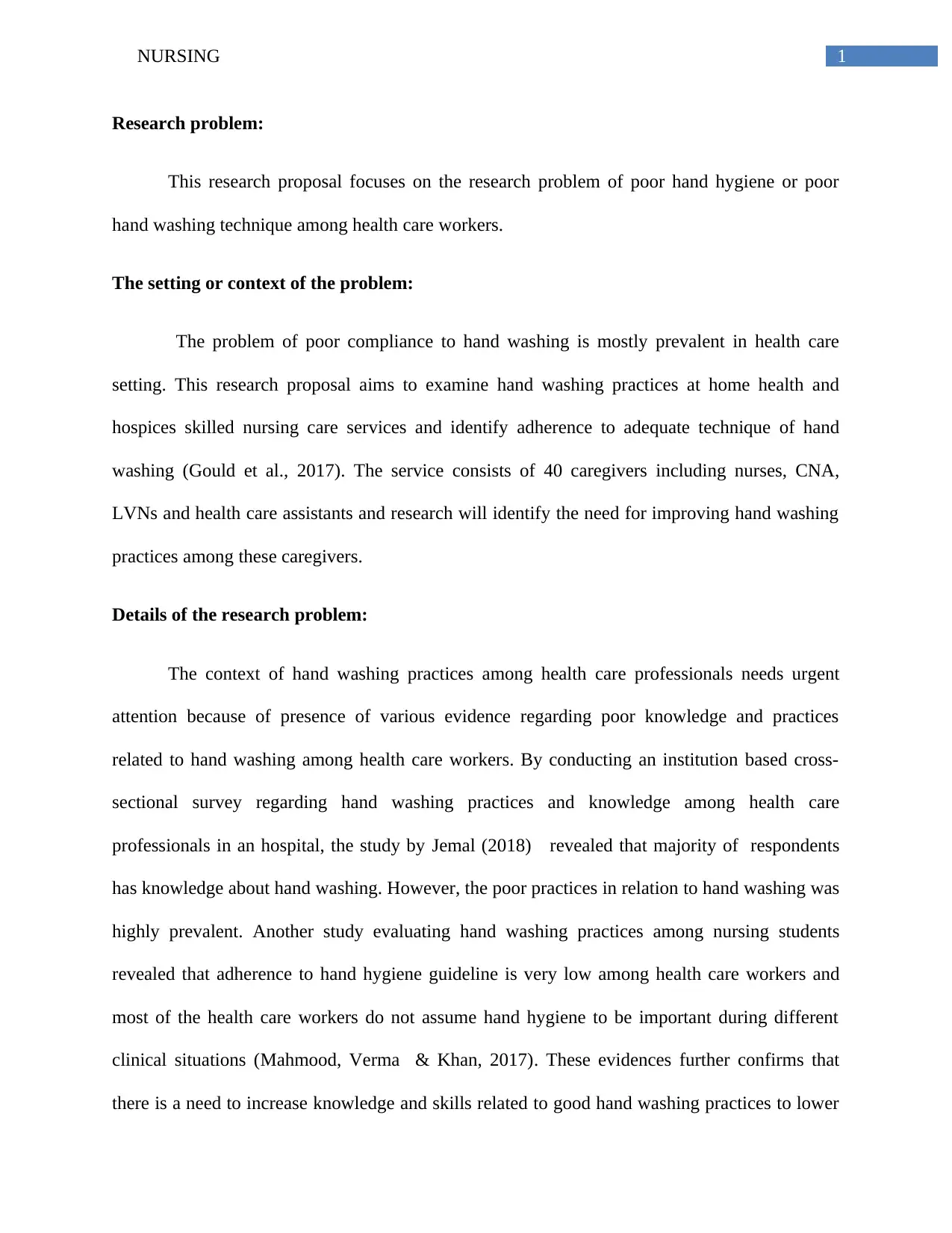
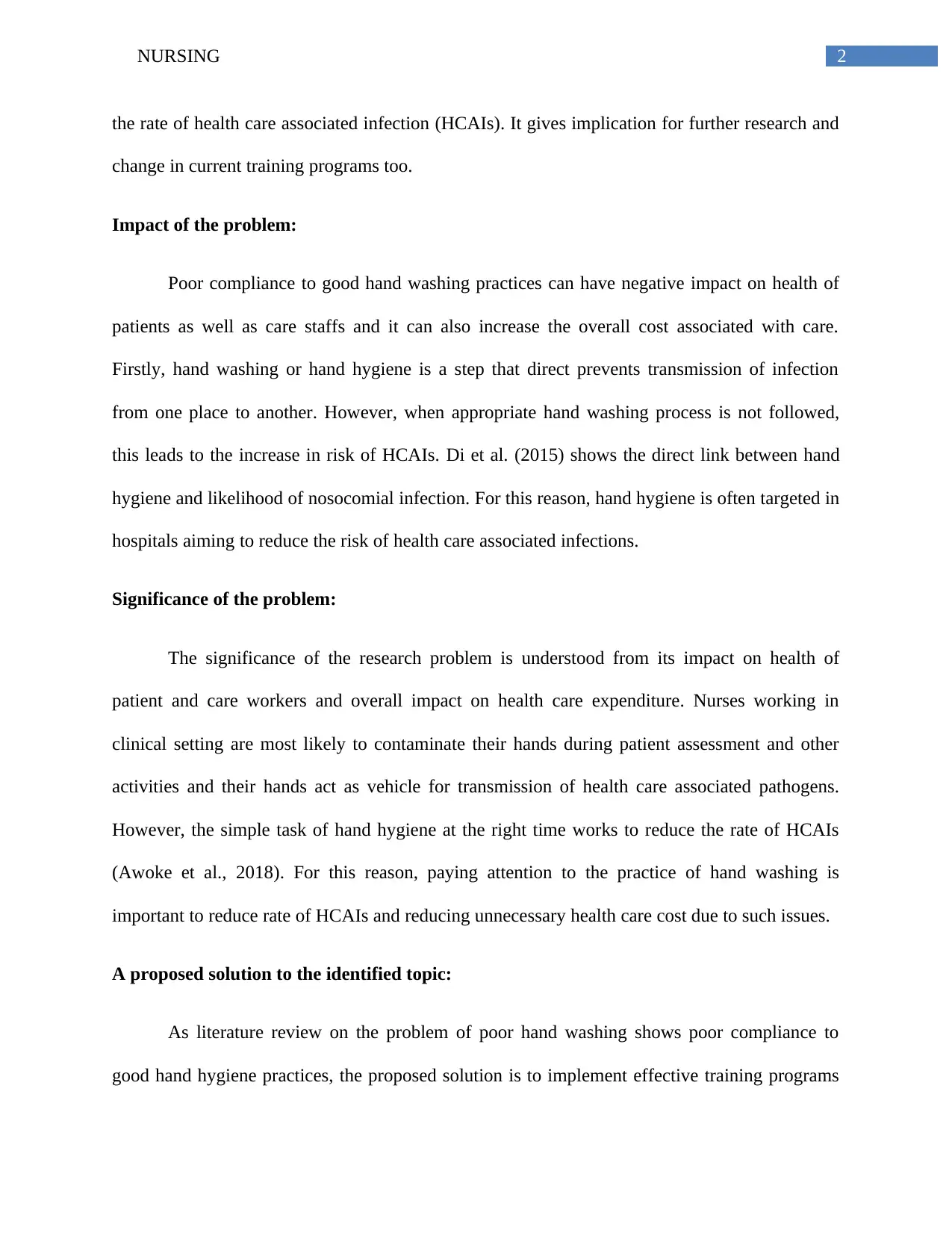

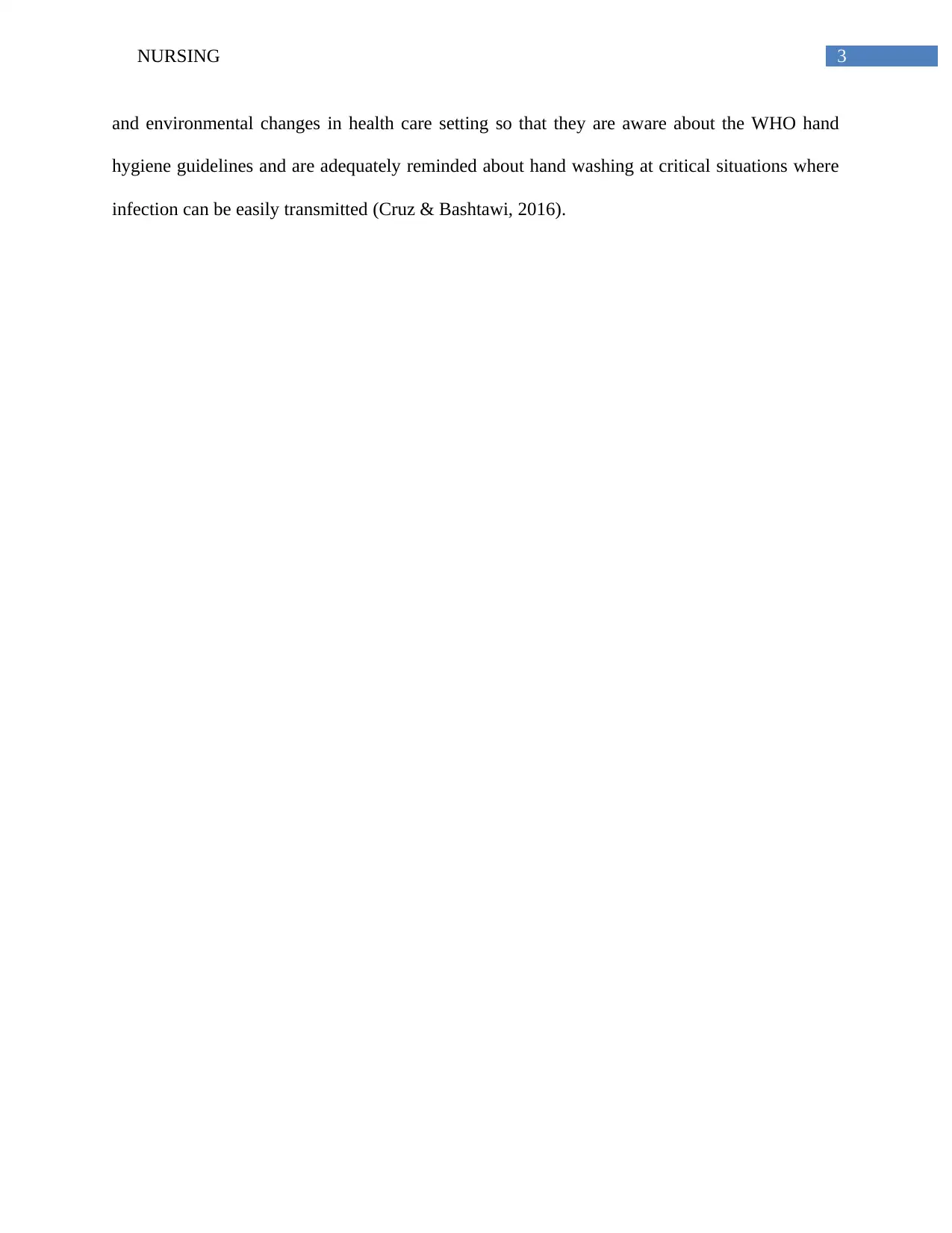
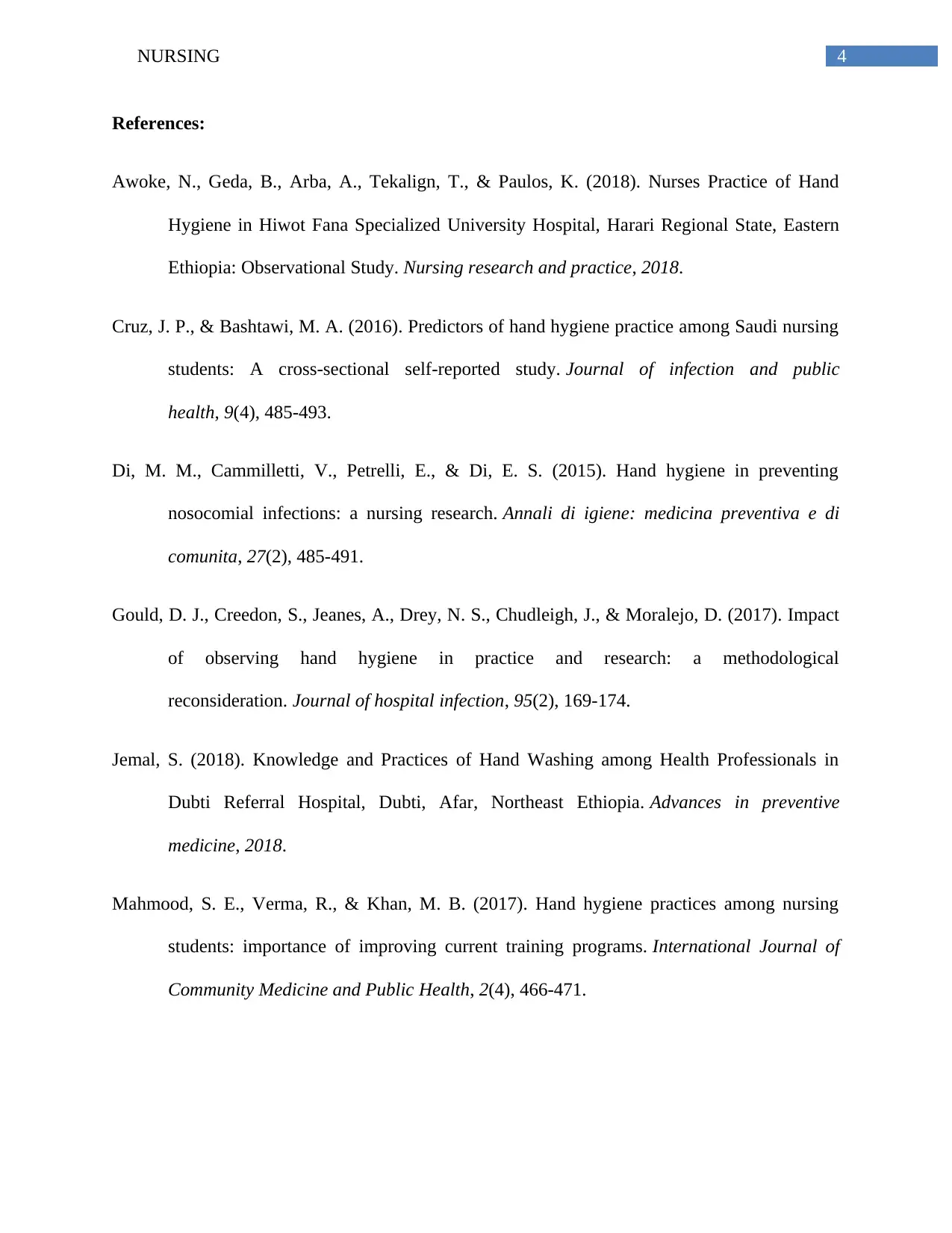






![[object Object]](/_next/static/media/star-bottom.7253800d.svg)